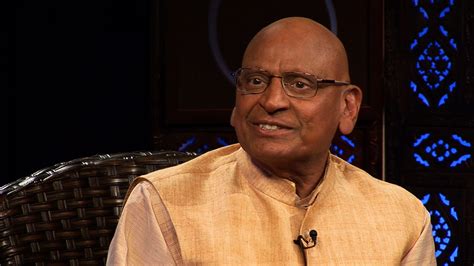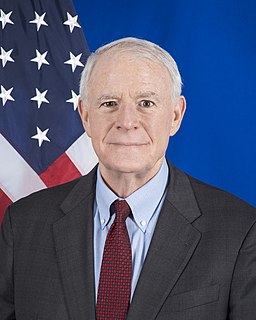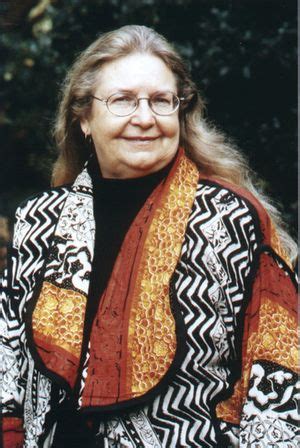A Quote by Ravi Ravindra
What we most love is not what we know, but what knows us and draws us. . . . (78)
Related Quotes
As we live our human lives, let us be like the water. Let us be conscious of the flow. Let us not forget the great ground of being that draws us on through life. Let us live in a knowing hope, aware that all being is in transition, that all movement is back to the source. Let us treat those around us as reminders of our illusionary individuality. We know that they are us and we are them connected in ways we cannot fathom. Let us grow in compassion for all beings, for they share our journey.
A God who draws near out of love, the Holy Father continued, walks with His people, and this walk comes to an unimaginable point. We could never have imagined that the same Lord would become one of us and walk with us, be present with us, present in His Church, present in the Eucharist, present in His Word, present in the poor, He is present, walking with us. And this is closeness: the shepherd close to his flock, close to his sheep, whom he knows, one by one.
To know me is to love me. This cliche is popular for a reason, because most of us, I imagine, believe deep in our hearts that if anyone truly got to know us, they'd truly get to love us - or at least know why we're the way we are. The problem in life, maybe the central problem, is that so few people ever seem to have sufficient curiosity to do the job on us that we know we deserve.
He is not far off; He is there, very close. He is looking at us, and He is begging this sorrow, this agony from us. He needs it for souls and for our soul... Alas, it does pain Him to give us sorrows to drink, but He knows this is the only means of preparing us to know Him as He knows Himself and to become God's ourselves.
And if I remain in the dark about our purpose here, and the meaning of eternity, I have nevertheless arrived at an understanding of a few more modest truths: Most of us fear death. Most of us yearn to comprehend how we got here, and why-- which is to say, most of us ache to know the love of our creator. And we will no doubt feel that ache, most of us, for as long as we happen to be alive.
Christ walked the path every mortal is called to walk so that he would know how to succor and strengthen us in our most difficult times. He knows the deepest and most personal burdens we carry. He knows the most public and poignant pains we bear. He descended below al such grief in order that he might lift us above it. There is no anguish or sorrow or sadness in life that he has not suffered in our behalf and borne away upon his own valiant and compassionate shoulders.
If God is Love, He is, by definition, something more than mere kindness. And it appears, from all the records, that though He has often rebuked us and condemned us, He has never regarded us with contempt. He has paid us the intolerable compliment of loving us, in the deepest, most tragic, most inexorable sense.


































